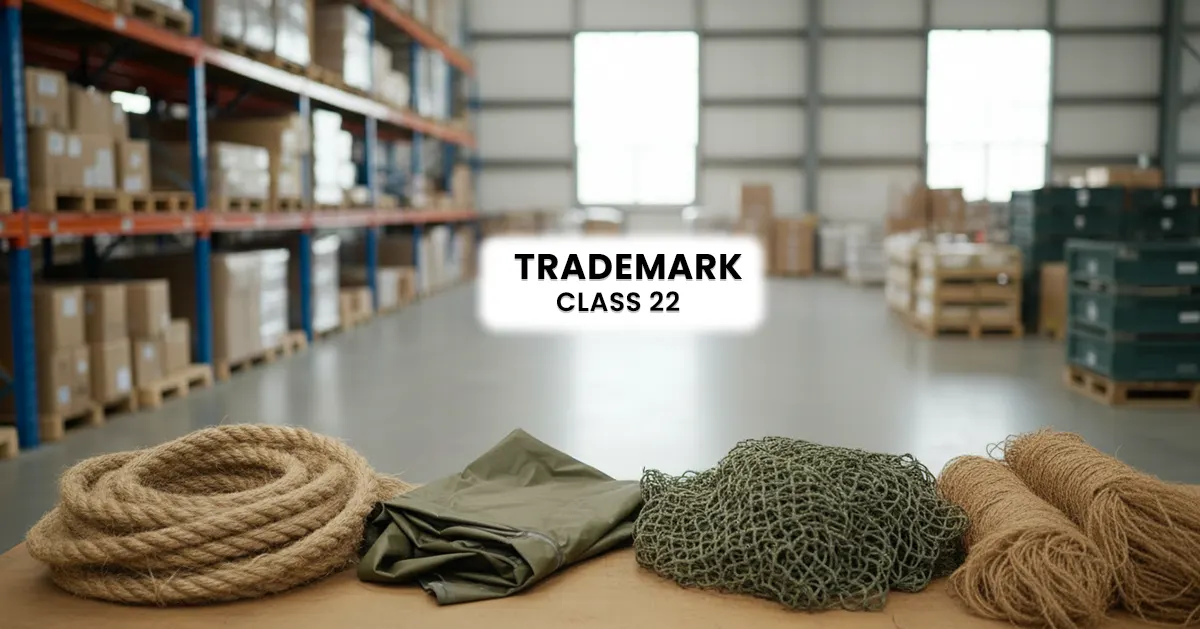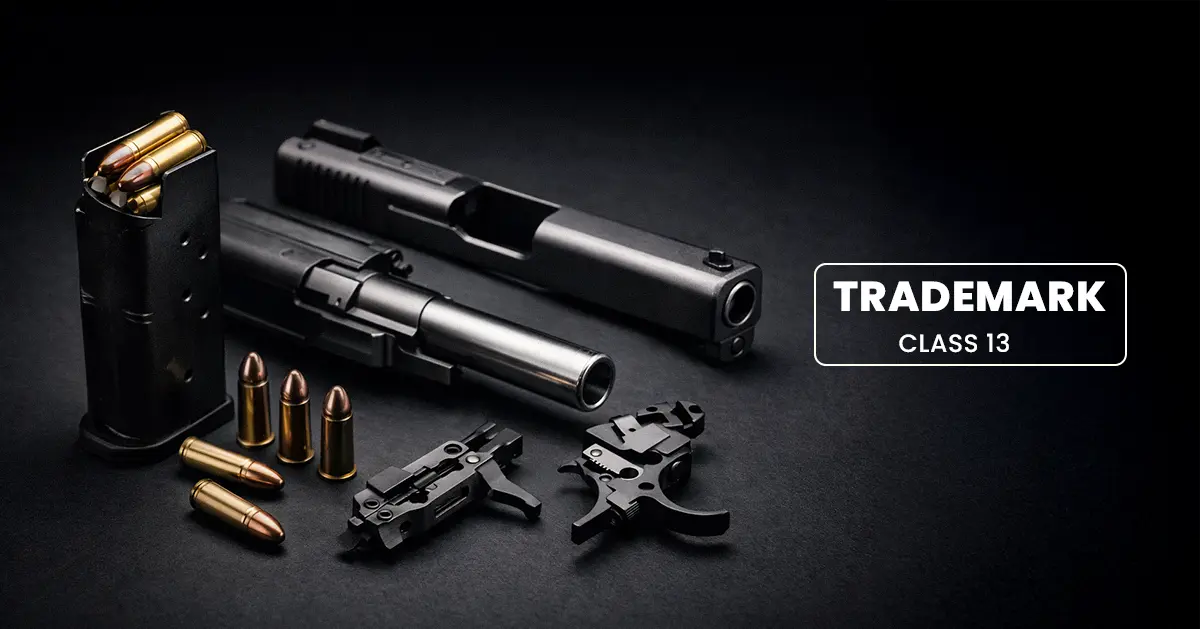BIS Certification is a mark of quality and safety issued by the Bureau of Indian Standards (BIS), India’s national authority for product standards. It ensures that your products comply with prescribed Indian Standards (IS), protecting consumers and enhancing credibility.
For businesses in Kerala, BIS certification is crucial because a BIS certification agent in Kerala can help ensure compliance and enhance credibility to both domestic and international markets.
- Ensures Legal Compliance: Mandatory for certain products before they can be sold or imported in India.
- Builds Consumer Trust: The BIS mark signals safety and quality, boosting brand reputation in Kerala’s competitive industrial and IT markets.
- Enables Market Access: Required for government tenders, automotive supply chains, and industrial contracts across Kerala and Maharashtra.
- Reduces Legal and Financial Risks: Helps avoid penalties, shipment detentions, or product rejections at ports.
As a major hub for automotive manufacturing, IT, electronics, and construction, Kerala businesses must secure BIS certification, and many rely on BIS certification providers in Kerala to ensure compliance, gain consumer confidence, and access both local and national markets.
Understanding BIS: The Mark of Trust in India
The Bureau of Indian Standards (BIS) is India’s national authority that sets and enforces standards to ensure products are safe, reliable, and of high quality. Operated under the BIS Act 2016, it provides third-party certification that goods meet prescribed Indian Standards, thereby safeguarding public health and protecting consumers.
BIS certification services in Kerala serve as a trusted mark of quality for a wide range of goods, including automotive components, electronics, construction materials, and consumer products. Through schemes like the ISI Mark and Compulsory Registration Scheme (CRS), products undergo rigorous testing in BIS-recognized laboratories, and manufacturer facilities are audited to confirm compliance with national standards.
Why Your Products Need BIS Certification in Kerala: Safety, Quality, and Market Access?
BIS Certification is critical for your products for three main reasons:
- Safety and Consumer Protection The primary goal of BIS certification is to protect consumers from hazardous, substandard, or counterfeit products. By ensuring a product meets a specific Indian Standard, it guarantees a certain level of safety and reliability. For example, certified electrical appliances are tested to prevent hazards like electric shocks or fires.
- Quality Assurance For businesses, BIS certification is an external validation of a product's quality. It indicates that the product has been manufactured using an approved process and conforms to a set of defined quality parameters. This can lead to reduced product recalls, fewer customer complaints, and a stronger brand reputation.
- Market Access and Legal Compliance BIS mandates certification for numerous products, particularly those related to health, safety, and infrastructure, before businesses can legally sell them in India. Without this certification, a company cannot sell or distribute these products in the Indian market, facing legal penalties and a business shutdown. These include items like cement, steel, tires, and certain electronic goods.











